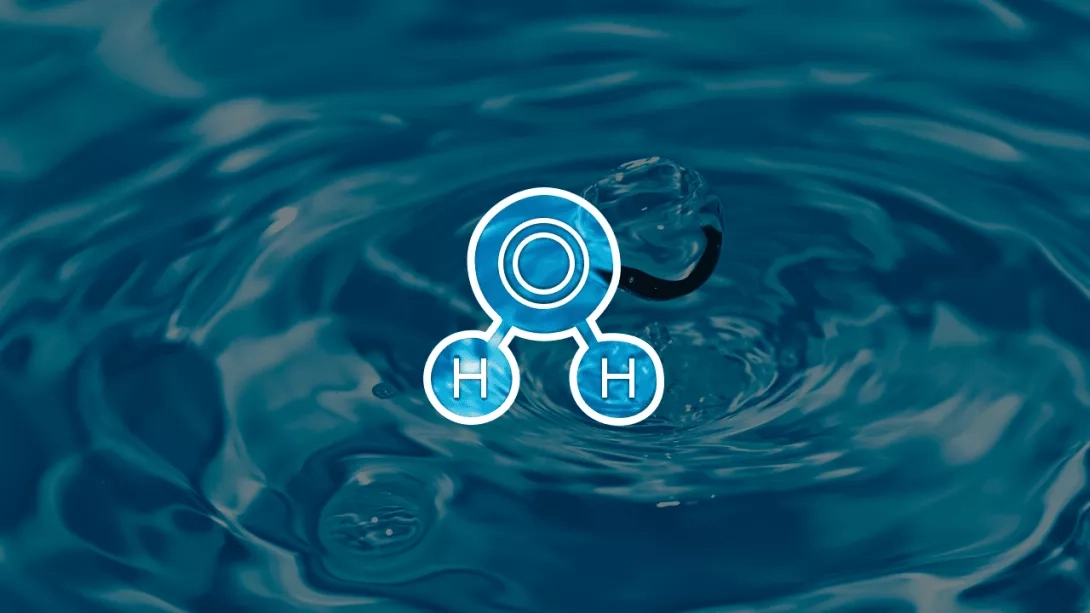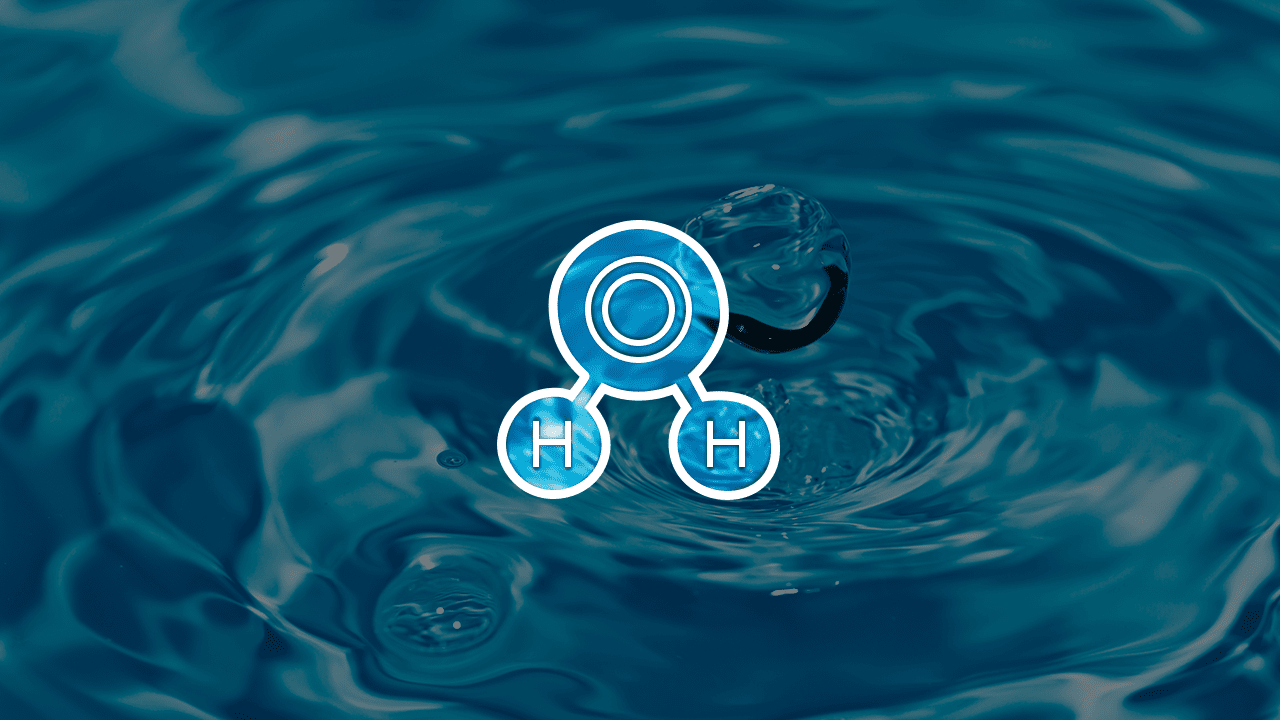Water quality is a crucial aspect of our daily lives, as it directly impacts our health and the functionality of our household systems. One important parameter to consider is water hardness. Hard water, characterized by high levels of calcium and magnesium, can have significant implications for various applications. In this article, we will explore the concept of water hardness, the reasons for measuring it, the methods used for measurement, the negative effects of hard water, and possible solutions for softening water.
What is Water Hardness?
Water hardness refers to the concentration of dissolved minerals, primarily calcium and magnesium, in water. These minerals are acquired as water percolates through rocks and soil, dissolving and accumulating various substances along the way. The hardness of water is typically categorized as either temporary or permanent. Temporary hardness is caused by the presence of bicarbonates of calcium and magnesium, which can be removed by boiling the water. Permanent hardness, on the other hand, is caused by the presence of non-carbonate minerals and cannot be removed through boiling.
Why Measure Water Hardness?
Measuring water hardness is essential for various reasons. Firstly, it helps determine the quality of water for specific applications. For example, water hardness is a critical factor in determining the suitability of water for industrial processes, such as manufacturing, brewing, and agriculture. Additionally, measuring water hardness provides valuable information for homeowners to assess potential issues related to plumbing, appliance efficiency, and personal care.
How is Water Hardness Measured?
Water hardness is measured in terms of the concentration of calcium carbonate equivalents, expressed as milligrams per liter (mg/L) or parts per million (ppm). The most common method for measuring water hardness is the titration test. This test involves adding a soap solution to a water sample until a lather is formed. The amount of soap required to form the lather indicates the hardness of the water. Another method involves using test strips or electronic meters specifically designed to measure water hardness.
Negative Effects of Water Hardness:
Hard water can have several negative effects. One notable issue is the formation of scale or mineral deposits in plumbing pipes, water heaters, and appliances. Scale buildup can reduce the efficiency and lifespan of these systems, leading to increased energy consumption and potential damage. Moreover, hard water can interfere with the effectiveness of soaps and detergents, reducing lathering and cleaning capabilities. This can result in the need for increased detergent usage and subpar cleaning results. Additionally, hard water can affect the quality of personal care, leaving a residue on the skin and hair, causing dryness and irritation.
How Does Water Hardness Affect Water Quality?
Water hardness leads to the formation of scale or mineral deposits in plumbing systems and household appliances, reducing the irefficiency and longevity. Moreover, hard water diminishes the effectiveness of soaps and detergents, resulting in less satisfactory cleaning outcomes and potentially increased detergent usage. Beyond household concerns, hard water residues on skin and hair can cause dryness and irritation, affecting personal care routines.
How to Soften Water?
To soften hard water, several methods are available:
- Ion Exchange Water Softeners: This method involves the use of a water softener system, such as the Ecosoft HRC RobustMini, which exchanges calcium and magnesium ions with sodium ions through a process called ion exchange. This effectively reduces the hardness of the water and prevents scale buildup.
- Reverse Osmosis Systems: Reverse osmosis (RO) systems, such as the Ecosoft MO12000, use a semi-permeable membrane to remove dissolved minerals and impurities from water. This process results in soft and purified water suitable for various applications.
- Chemical Water Softening: Chemicals such as lime or sodium carbonate can be added to hard water to precipitate calcium and magnesium ions, reducing water hardness. However, this method may not be suitable for all applications and requires careful monitoring to prevent over-treatment.
- Whole-House Filtration: Installing a whole-house water filtration system, like the Ecosoft Aquapoint Standard Whole-House Filter on Metal Rack, can effectively remove mineral content and impurities, providing softened water for the entire household.
The importance of hardness of water manifests in its significant influence on various aspects of our daily lives. Monitoring and managing water hardness levels are crucial to ensure the efficient functioning of plumbing systems, appliances, and personal care routines. By employing methods such as ion exchange water softeners, reverse osmosis systems, chemical water softening, or whole-house filtration, it is possible to mitigate the negative effects of hard water and enjoy the benefits of soft, high-quality water throughout the home.
Faqs
What are the effects of hard water?
Hard water can have several effects on daily life. It can lead to the formation of limescale deposits on fixtures, appliances, and plumbing systems, reducing their efficiency and lifespan. Hard water may also interfere with the lathering ability of soaps and detergents, requiring larger amounts to achieve the desired cleaning effect. Additionally, hard water can leave spots and streaks on dishes and glassware when they dry, affecting their appearance.
How is water hardness measured?
Water hardness is typically measured in units of milligrams per liter (mg/L) or parts per million (ppm) of calcium carbonate (CaCO₃). This measurement is known as the Total Hardness. It can be determined through laboratory analysis or by using test kits that provide instant results. The hardness level is often categorized as soft (less than 60 mg/L), moderately hard (60-120 mg/L), hard (120-180 mg/L), or very hard (above 180 mg/L).
Can water hardness be treated?
Yes, water hardness can be treated to reduce its effects. Water softening is a common method used to remove calcium and magnesium ions from water. It involves the use of ion-exchange resin or salt-based water softeners that replace the calcium and magnesium ions with sodium ions. Other methods such as reverse osmosis and lime softening are also used to address water hardness. The choice of treatment depends on the specific hardness level, budget, and other factors.
What is water hardness?
Water hardness refers to the concentration of minerals, particularly calcium and magnesium ions, in water. It is a measure of the water's ability to form lather with soap. Hard water contains high levels of these minerals, while soft water has lower concentrations. Water hardness is an important water quality parameter that can have various effects on plumbing systems, appliances, and daily activities.








